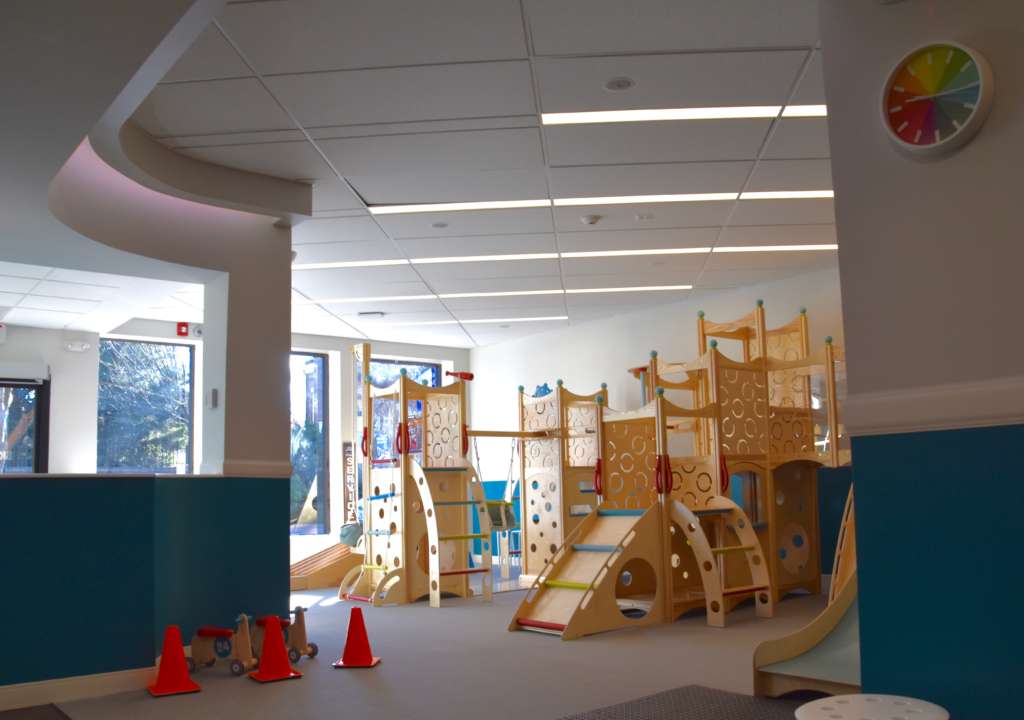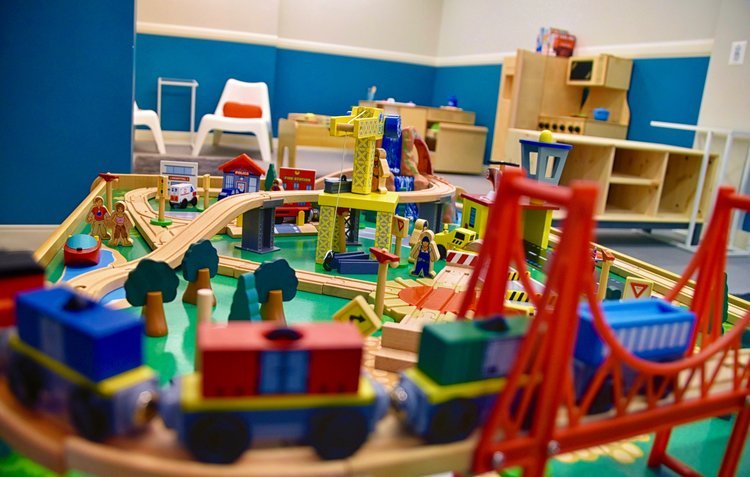WASHINGTON — Hold on to your tricycles: D.C. is in the middle of a baby boom.
Infants and toddlers are the fastest-growing age group in the city. According to The Washington Post, the number of residents under the age of 3 shot up 26 percent between 2010 and 2013, and the number of children in the city, overall, climbed from 101,340 in 2010 to 115,305 in 2014, the District’s Office of Revenue Analysis reports.
The growth of D.C.’s young population is something Capitol Hill resident Michael Campbell has witnessed firsthand.
“There’s been a growing trend where more and more families are staying. When I first moved here 11 years ago, almost everybody I met, as soon as they had children or were planning on children, were off to Virginia or Maryland,” said Campbell, a former IT consultant.
“Well, that’s changed and people are not only starting families [in D.C.], but staying here and growing those families.”
Only there’s one problem: Campbell says the city’s services haven’t caught up to meet the needs of the younger demographic and those tasked with keeping them entertained.
“There’s nowhere to take children — and especially little children,” said Campbell, noting neighborhood parks and museums (which are often best for older children) are the only options for most families.
That is one reason why Campbell and his business partner, Liza Fox, decided to open a neighborhood indoor park, play space and social gathering area in the Capitol Hill neighborhood.

SkillZone, on 8th Street Southeast in Barracks Row, is specifically for children under the age of 6. The 2,000-square-foot space, which was the former home to City Bikes, has everything from wooden play structures to developmentally stimulating water tables, race tracks and themed stations set up for quieter play. There are also organized sessions led by child development experts, such as story time, sign language and baby hip-hop dance classes.
“If the weather is bad or you’re tired of going to the park for the fifth time this week, it gives you another option,” said Fox, who also has young children of her own.
And while there is plenty to keep little ones occupied for hours, there are also amenities for parents and caregivers. For starters, SkillZone offers free coffee and Wi-Fi. And beginning April 15, there will also be planned parents activities for monthly members, such as beer and wine tastings, meditation sessions and lunch outings.
The goal, Fox says, is to foster a community environment where kids can play and learn, and parents meet and socialize with other young families in the area.
“Everybody says it takes a village to raise children, and it’s hard if you don’t have that village. We have so many transplants in D.C. — lots of people didn’t grow up here and don’t have family here. It’s hard to build a village as a young parent here in D.C.,” Fox said.

“We’re really focusing on building that community of parents.”
Currently, SkillZone has 125 family members, most of whom live in the neighborhood.
“They treat this as their private family playroom — which is awesome,” said Fox, who added that since the business’ January opening, she’s gotten to know so many more of her neighbors.
A monthly membership is $89 for a one-child family and $109 a month for families with two or more children. It includes unlimited drop-ins/play time during normal business hours as well as access to the parent-focused social events.
One-time drop-in options are also available for $20 a child ($15 for any additional child), with no time limit on how long families can stay and play. (Fox said she and Campbell purposely designed the space to have enough variety to keep kids entertained for hours.)
As of now, the 8th Street storefront is the only planned SkillZone location, but Campbell and Fox say — based on feedback from customers — there is a growing demand to expand to other neighborhoods in the city.
“We certainly would like to expand, but we want to stay within D.C. because we’re an urban model, and we want to be a neighborhood model … We’re not trying to be the big play places that exist mostly out in the suburbs. We want to be a part of the community and be a part of the neighborhood,” Fox said.




